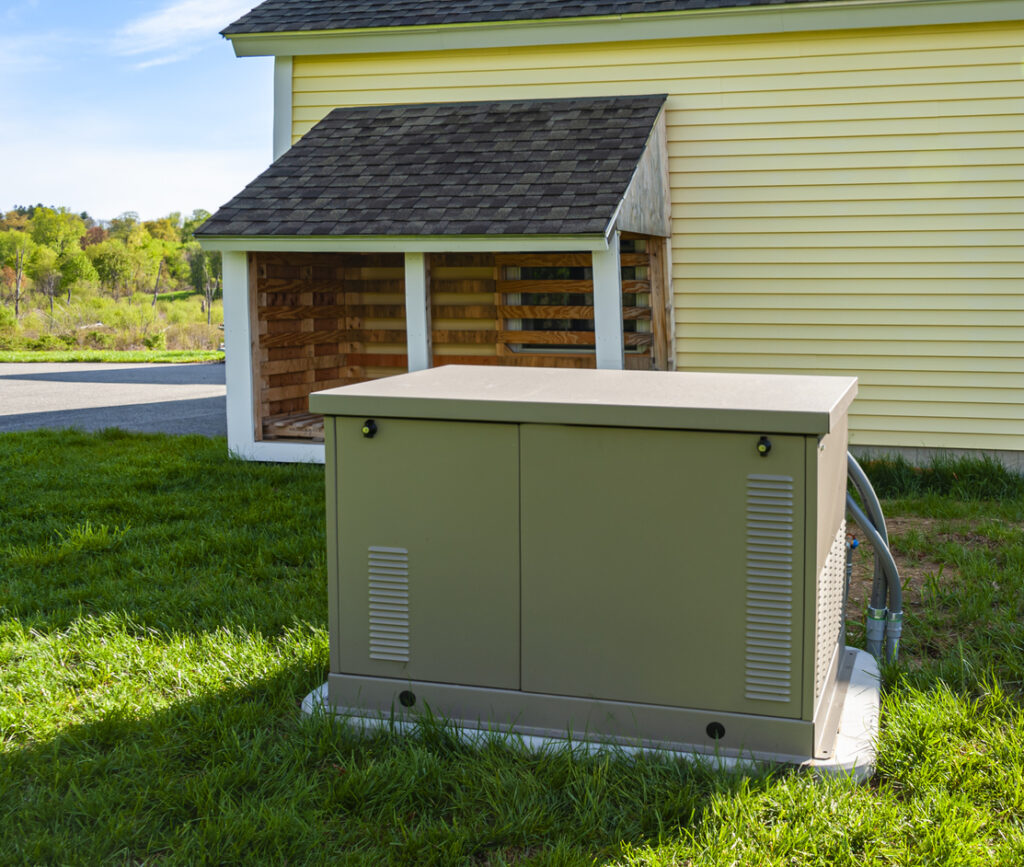A generator converts mechanical power into electrical energy. Generators are typically used to maintain electric service in the event of a utility disturbance or emergency.
There are two main types of generators. Portable generators are suitable for home and small commercial use. Standby generators offer higher reliability and power availability but are more expensive. Before you buy a generator, make sure you choose the right one for your needs.
1. Know Your Needs
Analyze what items you need to run during a power outage. Essential appliances such as refrigerators, freezers, sump pumps, furnaces, and water heaters must remain on. You need a generator with a sufficient power rating to operate these items. Check the label on the back of the appliance to determine its energy requirements. Calculate how much power you need to keep those items running.
If you need to keep your furnace and other larger appliances running during an extended outage, purchase a larger unit. Other devices, such as certain entertainment systems, lighting, and computers, are not essential. Disconnect them to save power.
2. Read Reviews
Research the reliability of different brands. Read independent reviews online to find out which models are built to last and which ones may break down unexpectedly. Visit industry websites where you can find extensive information about different brands. Not all generator types are created equally. While some portable models are adequate for emergency use, others cannot be used as substitutes for grid power.
Look at the FAQs, comments, owner forums, and other pages to see if there are any common problems. If replacement parts are not available, this could also be a problem. You can get valuable tips from individuals who have owned and used different models.
3. Look at the Tank Size
A generator is only as good as its fuel supply. Some generators have smaller tanks. This limits the power they can produce. Choose a generator with a large fuel tank. It should generate enough electricity to power essential household items for at least three days.
Standard generators use diesel, gasoline, propane, and natural gas fuel. Ensure your generator can run with a fuel you can easily obtain. If you live in an area where the power will likely be out for a long time, it may be worth investing in portable fuel tanks. Follow the instructions for the safe use and storage of these materials.
4. Consider Maintenance Requirements
If you need to use your generator regularly, consider maintenance options. Buy a generator that requires little routine attention. Options might include an automatic start feature or a low oil shutoff switch.
A generator with an interactive monitoring system is an excellent choice. This feature makes it easy to see the fuel level, oil, and other key components through a smartphone or computer. These fail-safes can even shut down the generator before any problems occur.
Generators are a crucial part of any emergency preparedness plan. A certified electrician can install a generator that effectively meets your needs. Contact Legacy Electric for generator installation, service, and repair in San Angelo, TX. We have the expertise to get the job done right.

